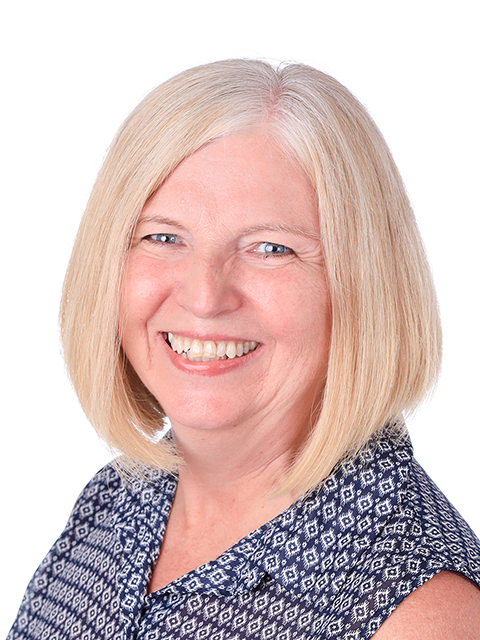Maths
 Mrs Richardson is the subject leader for Maths
Mrs Richardson is the subject leader for Maths
Mathematics at Northmead Junior School
Our Intent
Our intention is that children foster a sense of enjoyment and curiosity for learning maths, whatever their ability or starting place. Our children are given opportunities to make rich connections across mathematical ideas to develop fluency and reasoning in order to demonstrate a deep, conceptual understanding of this subject and to prepare them for application in everyday life.
At Northmead, we aim to develop in each child:
• To develop a positive attitude towards mathematics
• To become confident and proficient with number, including fluency with mental calculation and look for connections between numbers
•To become problem solvers, who can reason, think logically, work systematically and apply their knowledge of mathematics
• To develop their use of mathematical language
• To become independent learners and to work co-operatively with others
• To appreciate real life contexts to learning in mathematics
‘A positive ‘can-do’ attitude is encouraged.’
‘What we say about maths at Northmead ….’
"I enjoy solving fractions" - Year Five
"Maths is fun! I understand it" - Year Five
"We learn times tables as it helps with all other maths" - Year Five
"I love everything about maths" - Year Three
"Times tables help us in school and at home" - Year Four
"I enjoy working with my partner to answer questions" - Year Four
"I like solving difficult problems" - Year Six
"I like the challenge in maths" - Year Four
Mastery Curriculum
At Northmead Junior School, we follow a Mastery for Maths Curriculum based on the White Rose Maths scheme of learning. All children are given the opportunity to achieve age related expectations. The curriculum is designed in relatively small carefully sequenced steps, which must each be mastered before pupils move to the next stage. Fundamental skills and knowledge are secured first.
A daily focus on arithmetic ensures that basic skills are revisited and practised for fluency.
New concepts are introduced with a link back to objectives covered previously. Children are given many opportunities to make links between embedded and new learning.
We use a ‘Concrete Pictorial Abstract’ (CPA) approach to learning that uses physical and visual aids to build a child's understanding of abstract topics.
High quality curriculum materials (manipulatives) are used to support classroom teaching.
Pupils are expected to use mathematical vocabulary accurately, this includes opportunities where pupils listen and repeat mathematical sentences led by the teachers.
Differentiation occurs in the support and intervention provided to different pupils, not in the topics taught. There is no differentiation in content taught, but the questioning and scaffolding individual pupils receive in class as they work through problems will differ, with higher attainers challenged through more demanding problems which deepen their knowledge of the same content.
Support and Guidance for Parents and Carers
 |
|
 |
|
|
|
White Rose Maths Resources for parents to support Home Learning |
||||
|
|
|
|
|
|
| Maths Apps |
Maths Learning and Events 2021/22
|
|
|
|




/A4782EAD1643B1DC0BE6BC97A7303772.PNG)
/5ACA514896270922E2E833C09440D33A.PNG)
/C92AA0E068EFB0C46DECF2550764E8AC.PNG)
/3FACEEAB217DD8546004D10B754D5B58.png)

/A42966534FB8F75CE541E9132D9F0010.png)

/51C5AACD2187FFE6BFF95B5C0AEE1E01.jpg)

/BF5644CA790E2C58EB6E33346AF6640B.jpg)
/F75A19D8E0F6AF8467327729894B86F1.PNG)